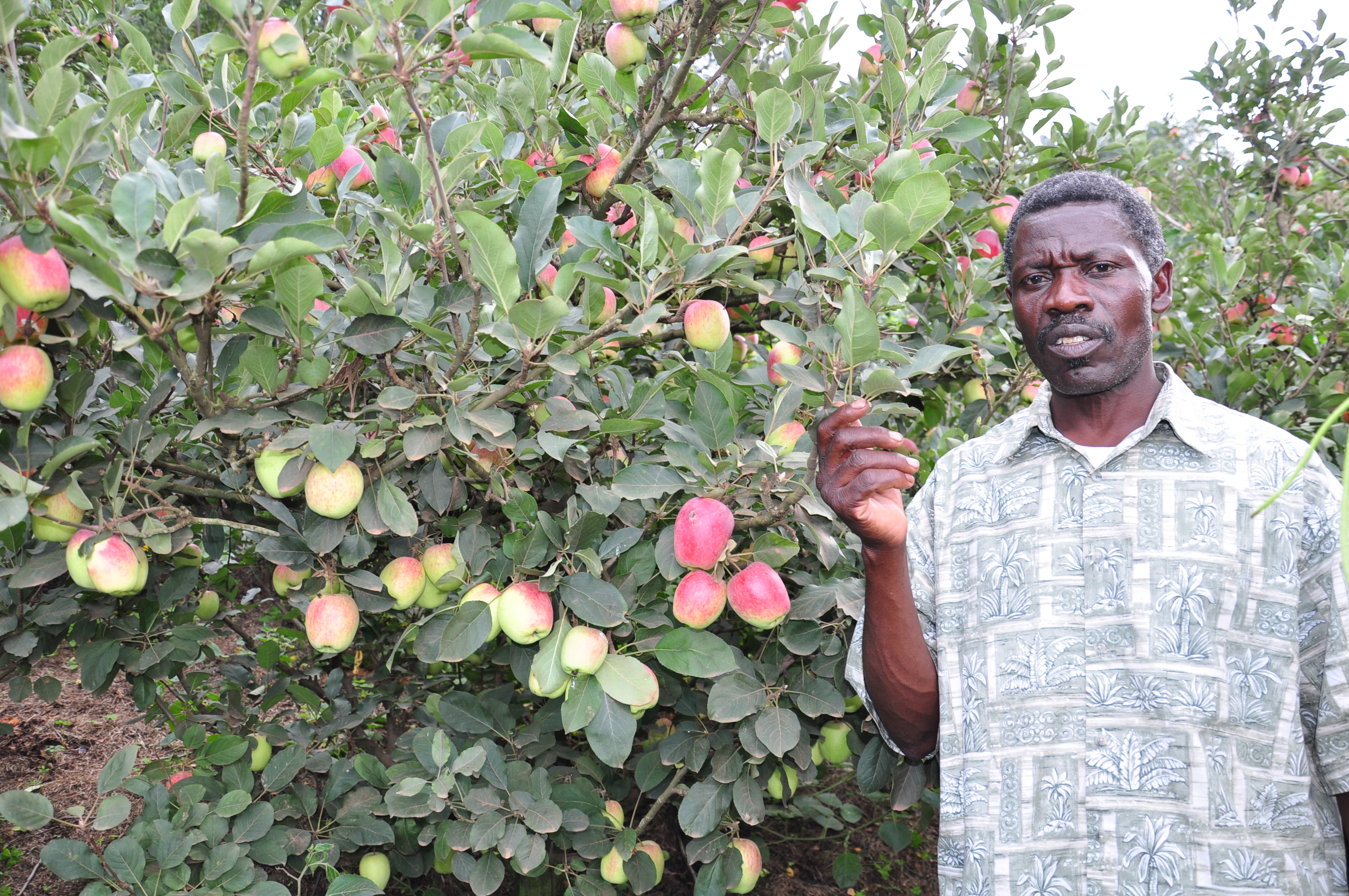MAAIF Agricultural Extension Services
Agricultural Extension Services: These include interventions/activities by government and NSAs that facilitate the access of farmers, their organizations, and other value chain actors to knowledge, information, and technologies; mediate their interaction with other relevant organizations; and assist them to develop their technical and management capacity in agriculture and family life. Agricultural Extension System: The agricultural extension system includes the entire set of organizations and institutions (public, private, civil society), that are involved in providing agricultural extension services.
Client-led extension services: This is a type of service where extension service providers routinely adopt a mindset of listening carefully to the demands/needs of beneficiaries as a basis for any interventions. Commercial agriculture: Production of crops, livestock, fish, apiculture and sericulture products primarily for sale.
Farmer Empowerment: Building the capacity of individual farmers and farmer institutions to have greater access and control over structures and processes that transform their resources and assets into outcomes that they desire to achieve their goals. Extension Worker: Personnel employed by agricultural extension service provider organizations (Government and NSAs) deployed to work directly with beneficiaries. Such personnel can be from a range of disciplines including agriculture, agricultural engineering, nutrition, agribusiness and related areas.
Agricultural extension approach: The overall arrangement set up by the agricultural extension service provider to achieve the set objectives. It includes elements such as guiding principles, extension methods, structures/institutions for organizing target beneficiaries to access services, monitoring and evaluation. Extension methods: These refer to the processes and tools used to facilitate learning and/or access to information, technologies and other services by beneficiaries.
At the national level, the core mandate for agricultural extension service is with the Directorate of Agricultural Extension Services (DAES) in MAAIF which provides overall leadership, management and coordination of the public and private extension delivery systems.
DAES works with the Technical Directorates responsible for animal resources, crop resources, fisheries resources and Commodity Agencies (e.g. Uganda Coffee Development Authority, Cotton Development Authority, and Dairy Development Authority).
The technical directorates and agencies are responsible for generating technical information that is professionally organized by the Directorate of Agricultural Extension Services for dissemination to extension service providers and farmers. Development of commodity value chains is a responsibility of the technical directorates. They define the kind of extension services required along the different value chains; and work with DAES to ensure that actors along the value chains get relevant extension services.
The mandate of MAAIF in the context of agricultural extension is to:
- Formulate policy, regulations, standards, strategy and work plans for single spine extension
- Provide technical guidance for formulation, review and implementation of policies, legislation, standards, plans and strategies in the areas of agricultural extension services
- Strengthen coordination of Local Government Production Departments, Universities and other Training Institutions, Farmers and Farmer Organizations, NGOs and Private Sector in provision of agricultural extension services
- Provide technical advice and quality assurance on agricultural extension and advisory services
- Provide information and communication services to Local Governments
- Strengthen inter-institutional linkages among research, educational and farmer institutions
- Promote agribusiness services, enterprise development and agricultural value chain development in close collaboration with the private sector
- Support skilling, manpower development and farmer institutional development in the agricultural sector
- Receive district reports, analyze them and provide feedback
- Conduct M&E of Agriculture Extension Services; and provide policy reports and updates to Cabinet, District Local Government headquarters level
The key activities in extension service delivery for the frontline extension workers are to:
- Mobilize and register farmers into production and marketing groups, assess their needs, and design appropriate training sessions so that they can benefit from agricultural extension services
- Train farmers in technical and group dynamics and leadership skills for improved production and productivity of crops, livestock and fisheries for example the control of soil erosion and conserve soil and water to mitigate effects of climate change; on proper nutrition.
- Demonstrate land preparation, planting, management of crops (fertilizer application, pruning, mulching, etc.), proper animal management, post-harvest handling, value addition and marketing.
- Facilitate partnerships and linkages to other actors along the value chain for example input dealers and traders, processors and financial institutions.
- Advise farmers on how to harvest water for livestock and crop production by digging ponds and demonstrating simple irrigation technologies which are appropriate to smallholder farmers.
- Conduct exchange visits and study tours for farmers to learn from other farmers who have excelled in certain technologies or enterprises.
- Attend district level activities in agriculture and cross cutting issues organized by the Production Department or other collaborating organizations.
Relevant Agricultural Extension Guidelines and Policies are downloadable using the link below:
https://www.agriculture.go.ug/extension-guidelines-and-policies/

